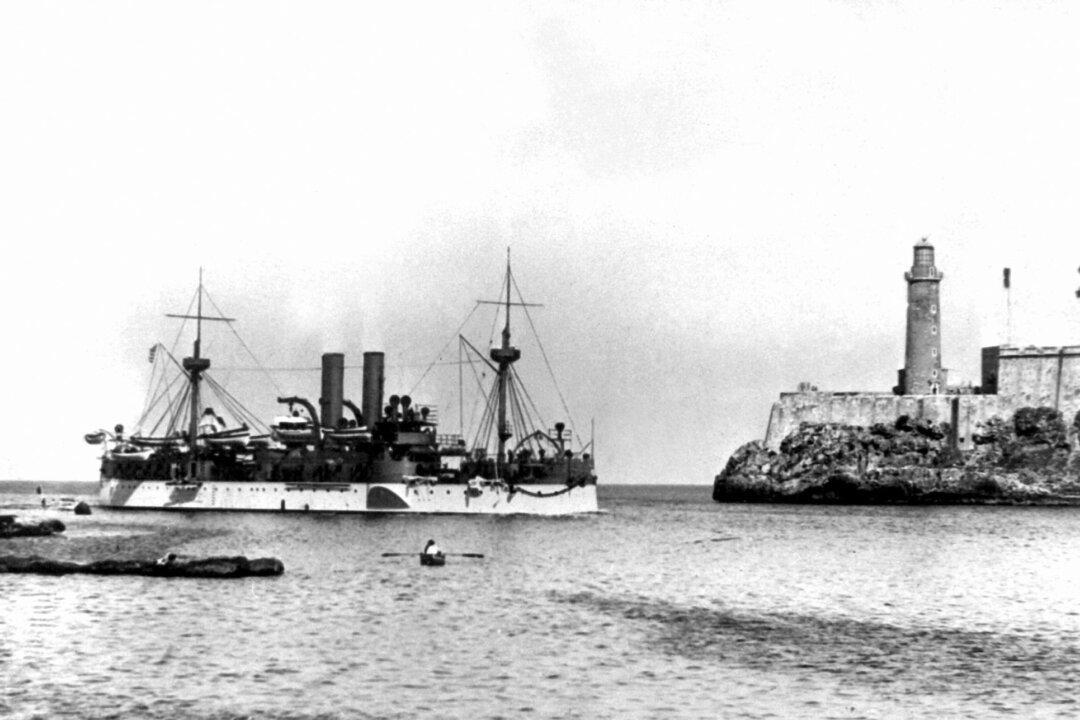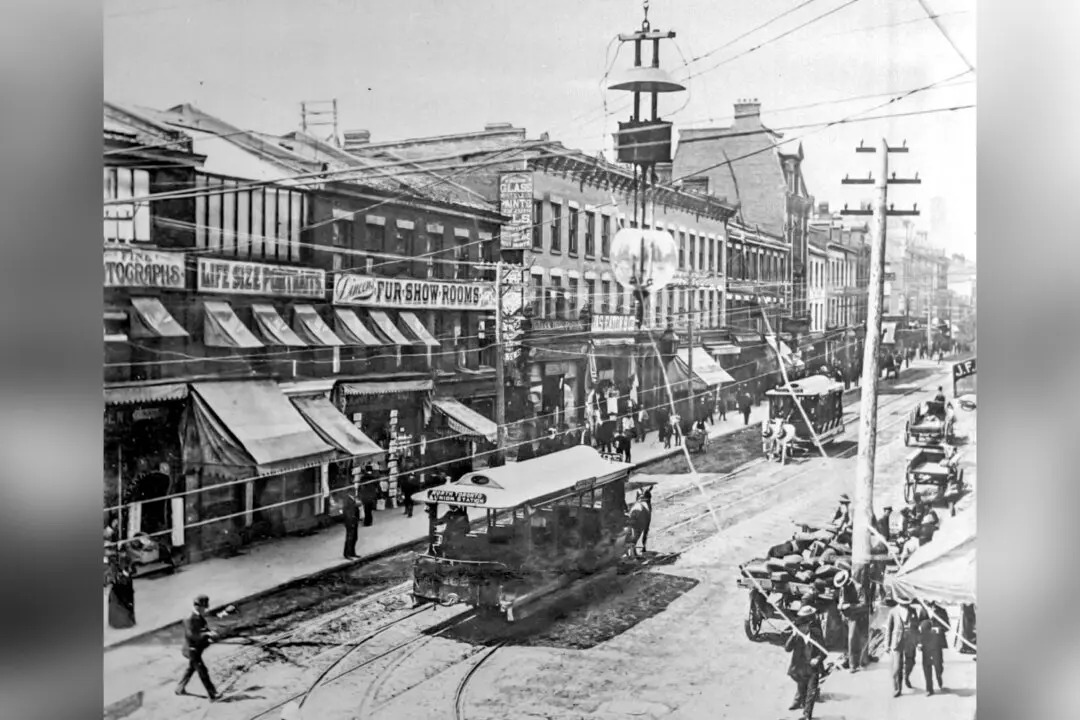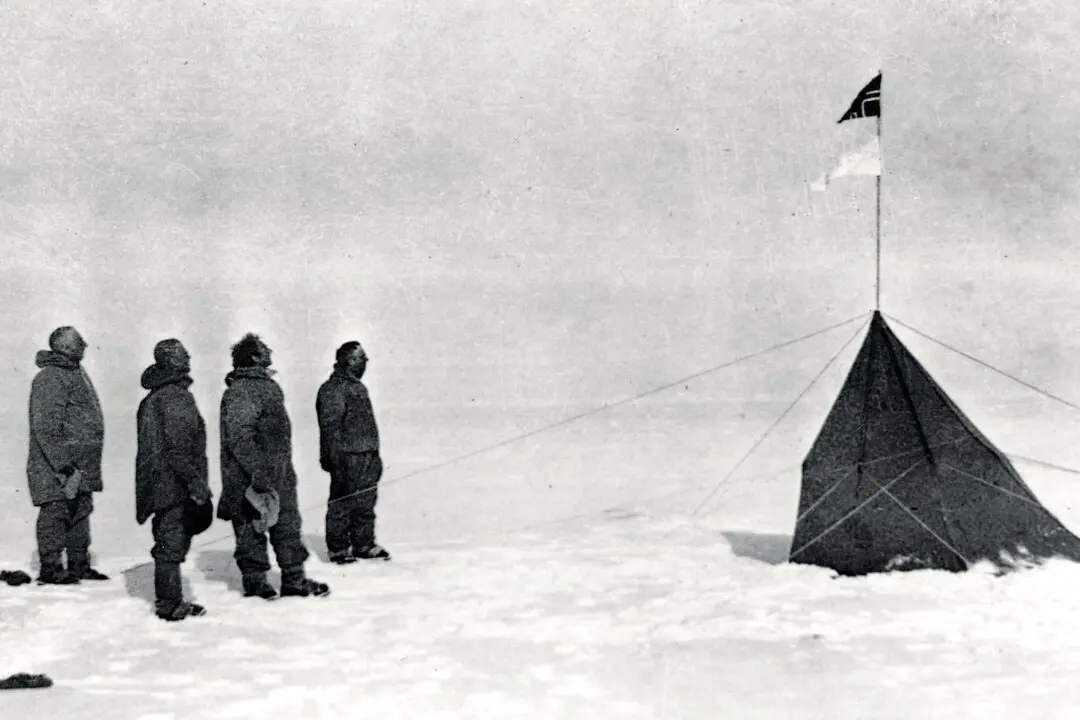Commentary
By the late 19th-century the Spanish empire, which had once been the world’s richest and most extensive, was on its last legs. It had lost most of its colonies in North and South America and was facing rebellions in the two largest territories to which it clung: Cuba and the Philippines. Moreover, in trying to suppress those uprisings, Spain committed a number of atrocities that had given the country a reputation for brutality, which colonial refugees living in exile had done much to bring to the attention of journalists.





